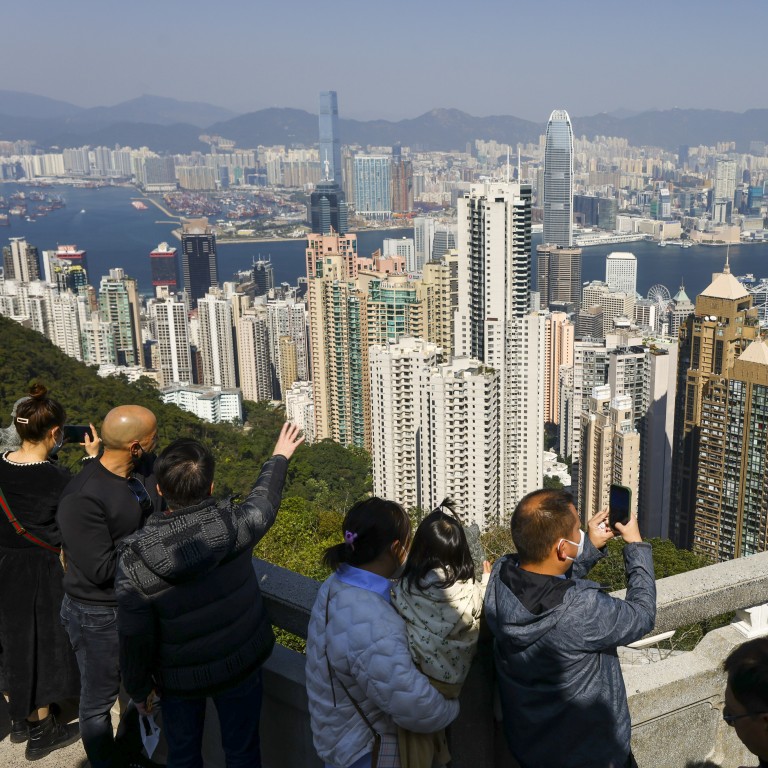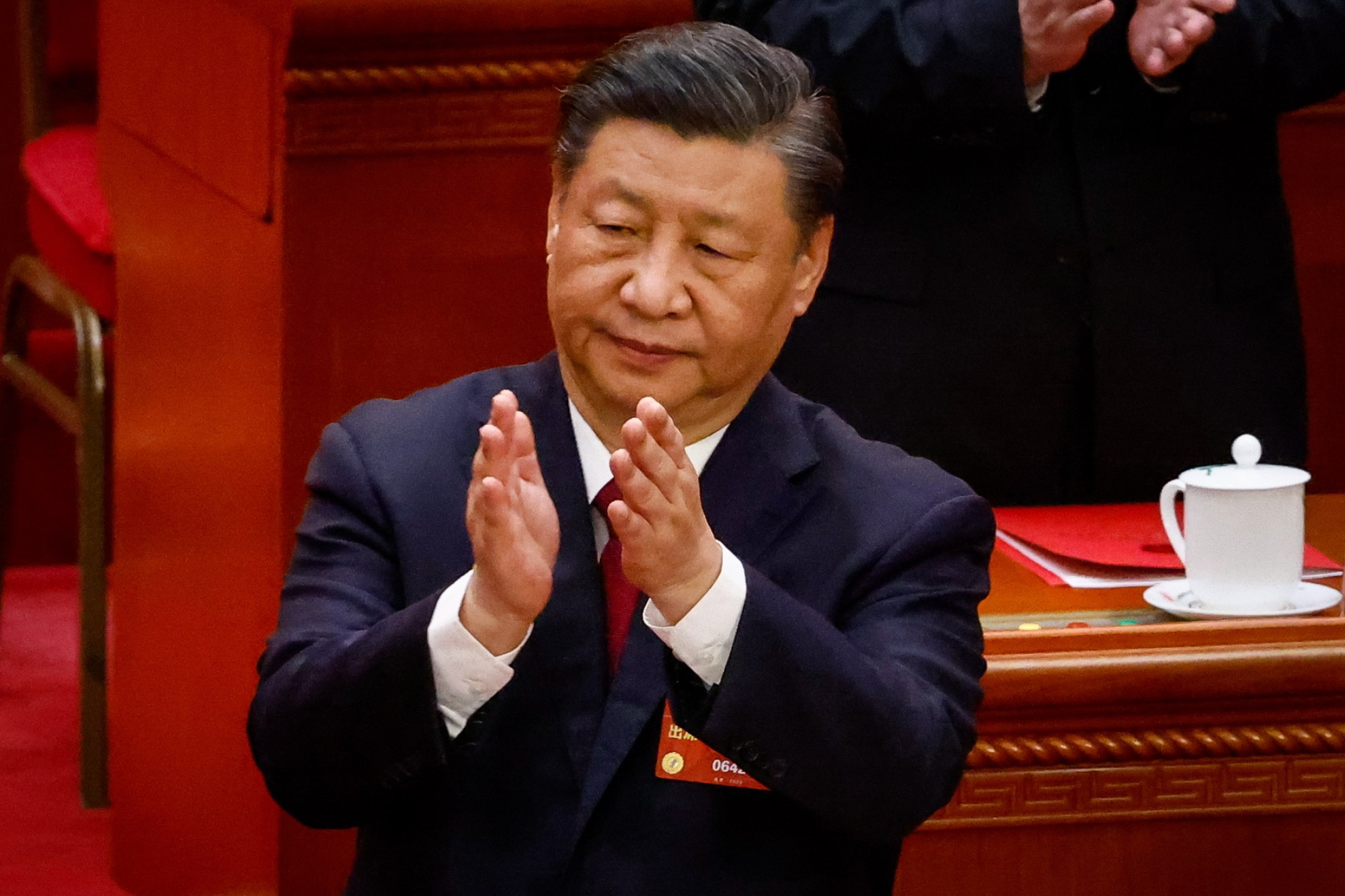
Elevation of HKMAO underlines Hong Kong’s national importance
- Placing the office under the purview of the Central Committee also enhances a clearer chain of command and the implementation of “one country, two systems” at a time of growing tensions between East and West
A new chapter unfolds following the revamp of Beijing’s top office overseeing the city.
The elevation of the Hong Kong and Macau Affairs Office (HKMAO), from the State Council to the Communist Party’s Central Committee, is not just a step to enhance a clearer chain of command and the implementation of the governance model of “one country, two systems” in the two special administrative regions. It also underlines Hong Kong’s importance to the country’s development amid a shifting global order and complex geopolitical tensions.
Confirming an earlier Post report, the central government announced that it was forming a work office based on the existing HKMAO. It means the office will come under the purview of the party’s Central Committee, instead of the State Council.
The new overarching body will be called the “Hong Kong and Macau Work Office of the Communist Party Central Committee”, while the original HKMAO name will be retained. It would also safeguard national security and support the integration of the two regions into the national development plan.

The restructuring is, indeed, a reflection of the actual institutional framework in relation to Hong Kong affairs. Traditionally, the relevant policies come from a high-level group headed by a member of the standing committee of the party’s Politburo; with HKMAO being the executive arm responsible for implementation and coordination.
The shake-up, which came just three days after the annual meetings of the national legislature and top political advisory body, is part of the “Party and State Institutional Reform Plan’’. It is considered an elevation of the office’s status since most decision-making power rests in the hands of party organs.
President Xi Jinping has stressed the city’s long-term prosperity is inseparable from the country’s national development. Linking the city’s success to Xi’s notion of “renaissance of the Chinese nation” has underscored its importance to the national development strategy.
There are those who see this as Beijing tightening the grip. Given the emphasis on the central government’s “comprehensive jurisdiction” over Hong Kong, the move is more about making the leadership line clearer and policy implementation more efficient amid increasingly complex global relations.
Beijing’s top office on Hong Kong affairs gets revamp, will report to party chiefs
What matters, ultimately, is the development of Hong Kong under the new political order. The city’s future lies in leveraging the strengths and the opportunities arising from closer integration with mainland China while reinforcing its uniqueness under two systems.
This will not be easy, though. The growing tension between the East and West has put the city in a difficult position.
How to make the most of one country, two systems shall continue to be the challenge.

